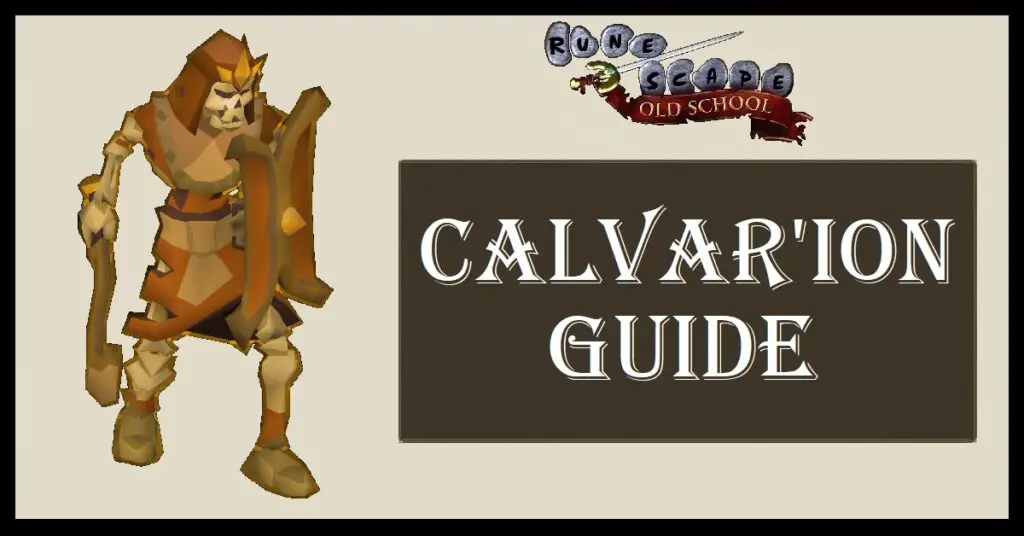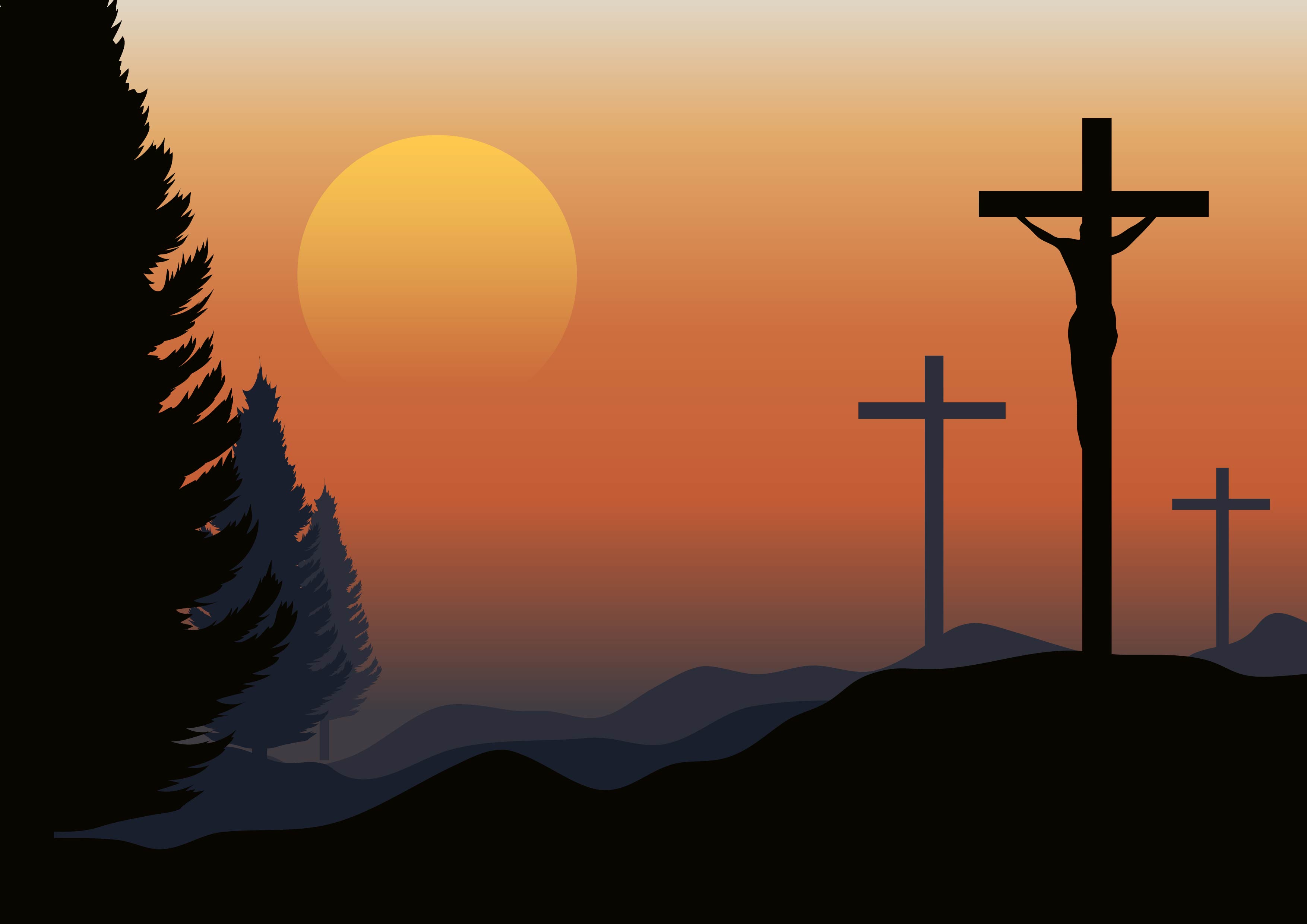Hey there, fellow knowledge seekers! Let's talk about something that might sound mysterious but is super fascinating—Calvarion. Now, if you're scratching your head wondering what on earth this is, don't worry, you're not alone. Calvarion, in its simplest form, refers to a term often associated with historical, religious, and even scientific contexts. Whether you're diving into ancient texts or exploring modern interpretations, Calvarion has a story to tell. So, buckle up because we're about to embark on an epic journey through time, culture, and knowledge.
But wait, why should you care about Calvarion? Well, understanding terms like this isn't just about expanding your vocabulary; it's about uncovering layers of history, culture, and human curiosity. This term isn't just a random word—it's a gateway to understanding deeper narratives that have shaped our world. So, whether you're a history buff, a spiritual seeker, or just someone who loves a good story, Calvarion has something for everyone.
Alright, before we dive headfirst into the nitty-gritty, let me give you a heads-up. This article is packed with insights, facts, and even a few surprises. We'll explore everything from the origins of Calvarion to its modern-day implications. And trust me, by the end of this, you'll have a whole new appreciation for this intriguing term. Ready? Let's get started!
Calvarion Through the Ages: A Historical Perspective
Let's take a trip back in time to explore the roots of Calvarion. The term has been around for centuries, with its origins tracing back to Latin and Greek. In ancient texts, Calvarion often referred to a specific location or concept tied to significant historical events. Think of it as a piece of the puzzle that helps us understand the bigger picture of human history. Now, I know what you're thinking—why does this matter? Well, history has a way of repeating itself, and understanding terms like Calvarion gives us context for where we've been and where we're headed.
Calvarion wasn't just a word; it was a symbol. In many cultures, it represented sacrifice, transformation, and renewal. These themes are universal and have resonated with people across different eras. Imagine being an ancient scribe, penning down the stories of your time, and using Calvarion to convey something profound. It's like a time capsule of ideas waiting to be discovered.
Key Historical Events Linked to Calvarion
Here are a few pivotal moments in history where Calvarion played a significant role:
- The Crucifixion: One of the most well-known associations with Calvarion is its connection to the crucifixion. It's often referred to as the "place of the skull," a location steeped in religious and historical significance.
- Medieval Texts: During the Middle Ages, Calvarion appeared in various manuscripts, often symbolizing the intersection of earthly and divine realms.
- Modern Interpretations: Even today, Calvarion continues to inspire art, literature, and philosophical discussions, proving that its relevance hasn't faded with time.
These events and interpretations highlight how Calvarion has evolved over the centuries, adapting to new contexts while retaining its core essence.
Calvarion in Religious Contexts: Beyond the Surface
When it comes to religion, Calvarion takes on a whole new dimension. In Christianity, for example, it's deeply tied to the concept of sacrifice and redemption. But it's not just limited to one faith; Calvarion has parallels in other belief systems as well. Think of it as a universal symbol that transcends religious boundaries. Now, I'm not saying you need to be religious to appreciate Calvarion, but understanding its spiritual significance adds another layer to its meaning.
Religious texts often use Calvarion to convey messages of hope, perseverance, and faith. It's like a bridge connecting the past with the present, reminding us of the values that have guided humanity for centuries. Whether you're exploring sacred scriptures or simply curious about the role of symbols in religion, Calvarion offers plenty to ponder.
Symbolism and Meaning in Different Faiths
Here's a quick look at how Calvarion is perceived in various religions:
- Christianity: Represents the ultimate act of love and sacrifice.
- Judaism: Linked to themes of repentance and renewal.
- Islam: Echoes the idea of divine justice and mercy.
See how versatile Calvarion is? It adapts to different belief systems, proving that its power lies in its universality.
Calvarion and Modern Science: A Surprising Connection
Now, let's fast forward to the present day. You might be surprised to learn that Calvarion also has a place in modern science. In the field of anatomy, for instance, it refers to the thick part of the skull that protects the brain. How cool is that? Science and spirituality might seem like odd bedfellows, but in the case of Calvarion, they complement each other beautifully. Understanding the biological aspects of Calvarion gives us a new perspective on its symbolic meanings.
Scientists are continually uncovering new information about the human body, and Calvarion is no exception. Recent studies have shed light on its role in protecting the brain and how it evolves over time. It's like nature's way of saying, "Hey, this part's important!" So, whether you're a scientist or just someone who appreciates the wonders of the human body, Calvarion has something to offer.
Recent Scientific Discoveries About Calvarion
Here are a few fascinating findings:
- Skull Development: Research shows that Calvarion plays a crucial role in the early stages of skull formation.
- Brain Protection: Its structure is specifically designed to absorb impacts and shield the brain from injury.
- Medical Applications: Advances in medical technology are using Calvarion as a model for developing protective gear and devices.
These discoveries not only enhance our understanding of biology but also reinforce the symbolic significance of Calvarion.
Calvarion in Popular Culture: From Movies to Music
Let's shift gears and talk about how Calvarion has made its way into popular culture. Movies, books, and music often draw inspiration from historical and religious symbols, and Calvarion is no exception. Think of it as a muse for creative minds. From epic blockbusters to soul-stirring ballads, Calvarion has left its mark on the entertainment world. And who can blame the creators? It's a term rich with meaning and potential.
Pop culture has a way of making complex ideas accessible, and Calvarion is no different. By weaving it into stories and songs, artists help audiences connect with its deeper meanings. It's like a secret code waiting to be deciphered by those who pay attention.
Notable Examples of Calvarion in Media
Here are some examples:
- Films: Movies like "The Passion of the Christ" highlight the significance of Calvarion in dramatic and powerful ways.
- Books: Authors often use Calvarion as a metaphor for personal transformation and growth.
- Music: Songs inspired by Calvarion explore themes of love, loss, and redemption.
These examples show how Calvarion continues to inspire and influence creative expression.
Calvarion and Personal Growth: A Journey of Transformation
Let's bring it closer to home. How does Calvarion relate to personal growth and development? Think about it—life is full of challenges, and overcoming them often requires sacrifice and perseverance. In many ways, Calvarion serves as a metaphor for the struggles and triumphs we experience on our journey through life. It reminds us that growth isn't always easy, but it's always worth it.
Whether you're facing a tough decision or striving to achieve a goal, Calvarion can be a source of inspiration. It's like a reminder that every challenge we face has the potential to transform us into better versions of ourselves. So, the next time you feel stuck, think of Calvarion and let it guide you forward.
Lessons We Can Learn from Calvarion
Here are a few takeaways:
- Resilience: Life will test you, but with strength and determination, you can overcome anything.
- Self-Reflection: Take time to evaluate your journey and learn from your experiences.
- Hope: Even in the darkest moments, there's always light at the end of the tunnel.
These lessons remind us that Calvarion isn't just a term; it's a philosophy for living.
Calvarion and Mental Health: A Holistic Approach
Mental health is a topic that affects us all, and Calvarion offers a unique perspective on it. In a world where stress and anxiety are prevalent, understanding the symbolic meanings of Calvarion can provide comfort and clarity. It's like having a mental anchor that keeps you grounded during turbulent times. Whether you're dealing with personal struggles or supporting someone else, Calvarion can be a source of strength and guidance.
Therapists and counselors often use symbols and metaphors to help clients navigate their emotions, and Calvarion fits right into this framework. It's a reminder that healing is a process, and every step forward is worth celebrating.
Practical Tips for Incorporating Calvarion into Your Mental Health Journey
Here are a few ideas:
- Meditation: Use Calvarion as a focal point during meditation sessions.
- Journaling: Write about how Calvarion relates to your personal experiences.
- Visualization: Imagine Calvarion as a symbol of your inner strength.
These techniques can help you harness the power of Calvarion in your daily life.
Calvarion in Education: A Tool for Learning
Education is all about expanding our horizons, and Calvarion can be a valuable tool in this process. Whether you're a student, teacher, or lifelong learner, understanding terms like Calvarion enriches your knowledge and broadens your perspective. It's like adding another piece to the puzzle of understanding the world around us.
In classrooms and beyond, Calvarion can inspire discussions about history, religion, science, and more. It's a term that connects diverse subjects and encourages critical thinking. So, whether you're writing an essay or leading a seminar, Calvarion has something to contribute.
Ways to Integrate Calvarion into Educational Settings
Here are some suggestions:
- Interdisciplinary Studies: Explore how Calvarion relates to different fields of study.
- Group Discussions: Encourage students to share their interpretations of Calvarion.
- Creative Projects: Assign tasks that involve researching and presenting on Calvarion.
These approaches make learning about Calvarion engaging and meaningful.
Calvarion and the Future: What Lies Ahead?
As we look to the future, what role will Calvarion play? With advancements in technology and evolving cultural landscapes, its significance is likely to grow. Imagine a world where Calvarion inspires innovations in medicine, art, and even space exploration. It's not just a term from the past; it's a concept that continues to shape our present and future.
By staying curious and open-minded, we can uncover new ways to appreciate and apply the lessons of Calvarion. It's like a treasure map waiting to be explored, with each discovery leading to greater understanding and insight.
Predictions for the Role of Calvarion in the Coming Years
Here are a few possibilities:
- Scientific Breakthroughs: Further research into Calvarion's biological functions could lead to groundbreaking discoveries.
- Cultural Impact: As global cultures continue to blend, Calvarion may inspire new forms of artistic expression.
- Technological Applications: Innovators might draw inspiration from Calvarion to create advanced protective technologies.
These predictions highlight the endless potential of Calvarion in shaping our future.
Conclusion: Embracing the Power of Calvarion
And there you have it, folks—a comprehensive look at Calvarion and all its complexities. From its historical roots to its modern-day implications, Calvarion is a term that continues to captivate and inspire. Whether you're exploring its religious significance, scientific relevance,


